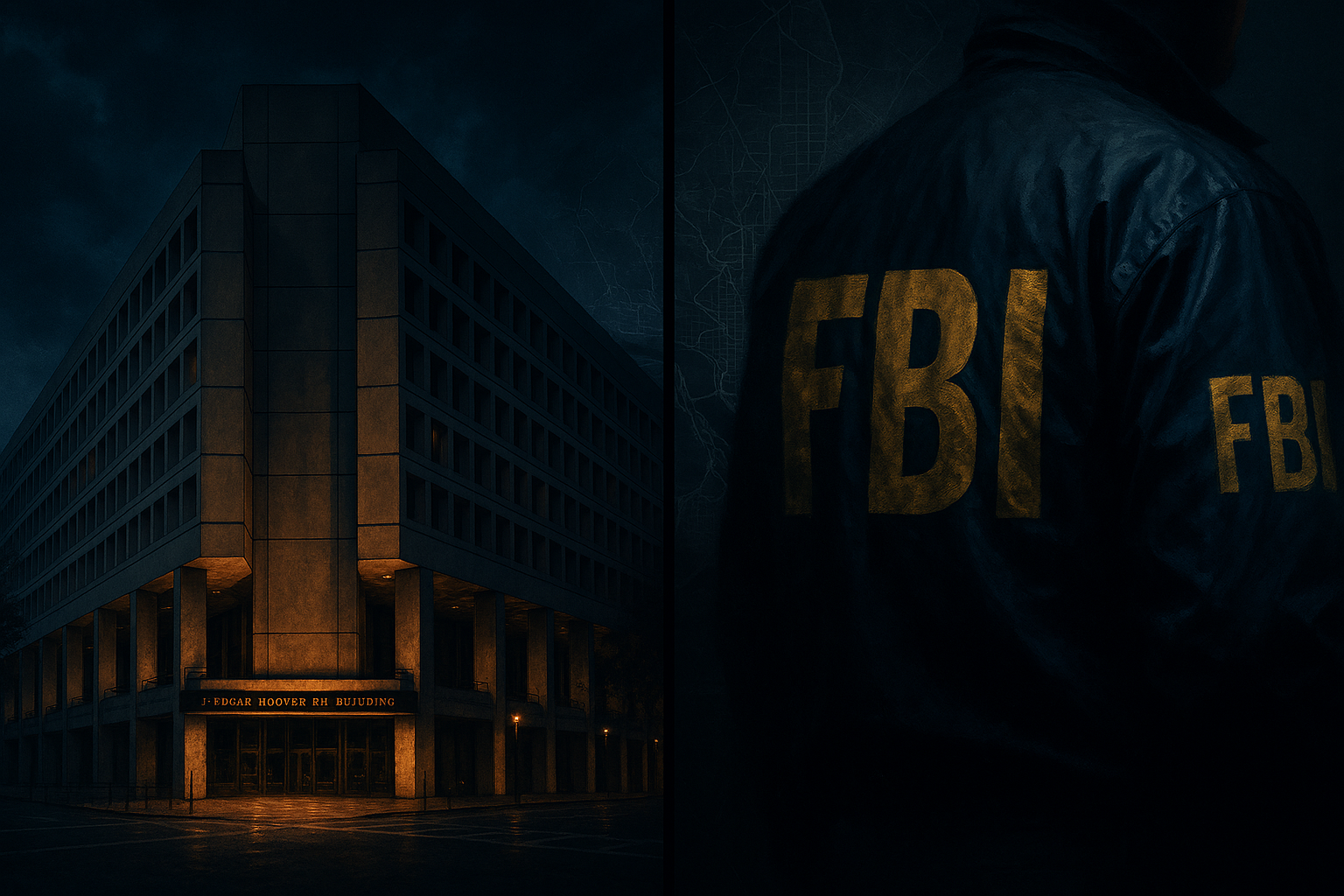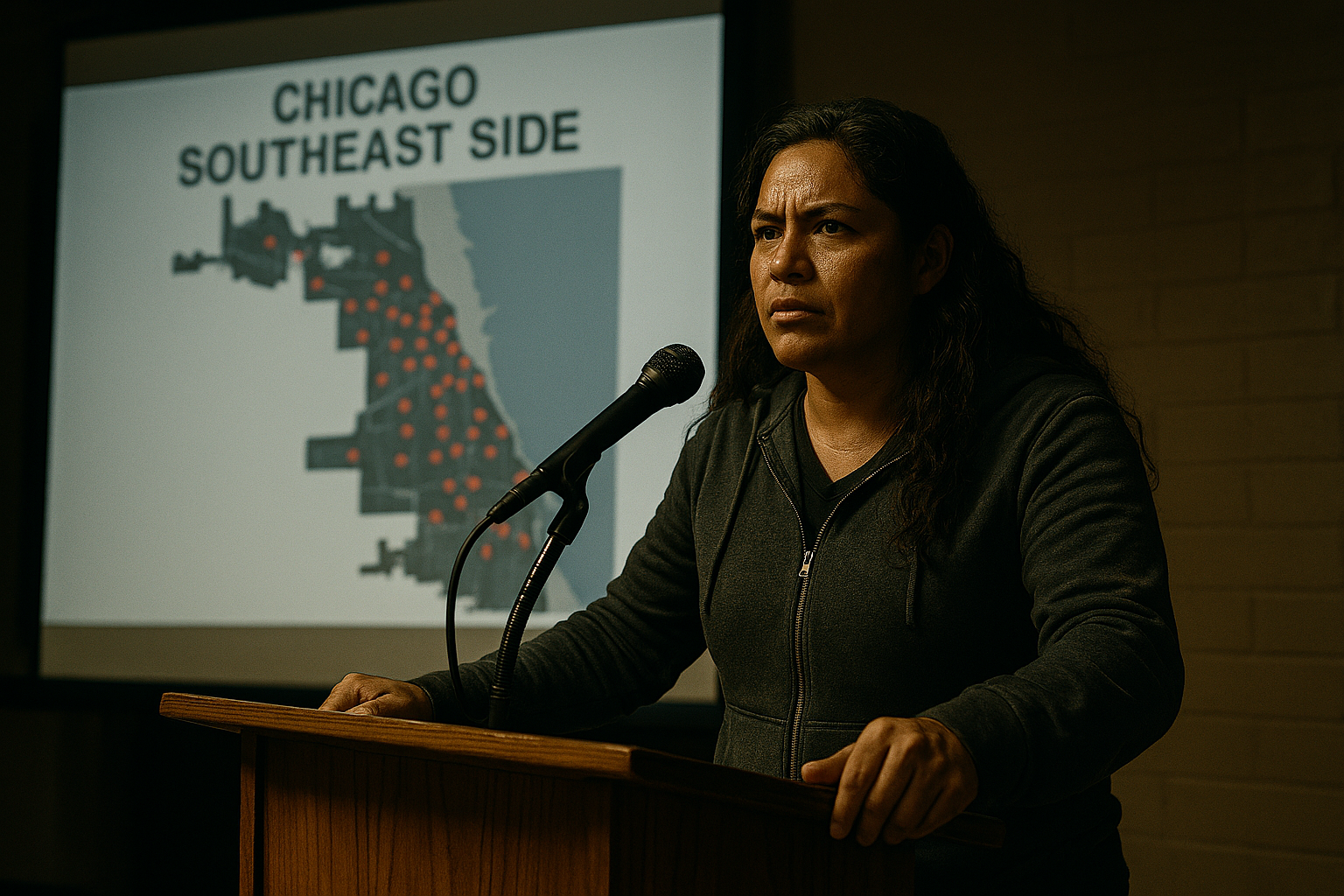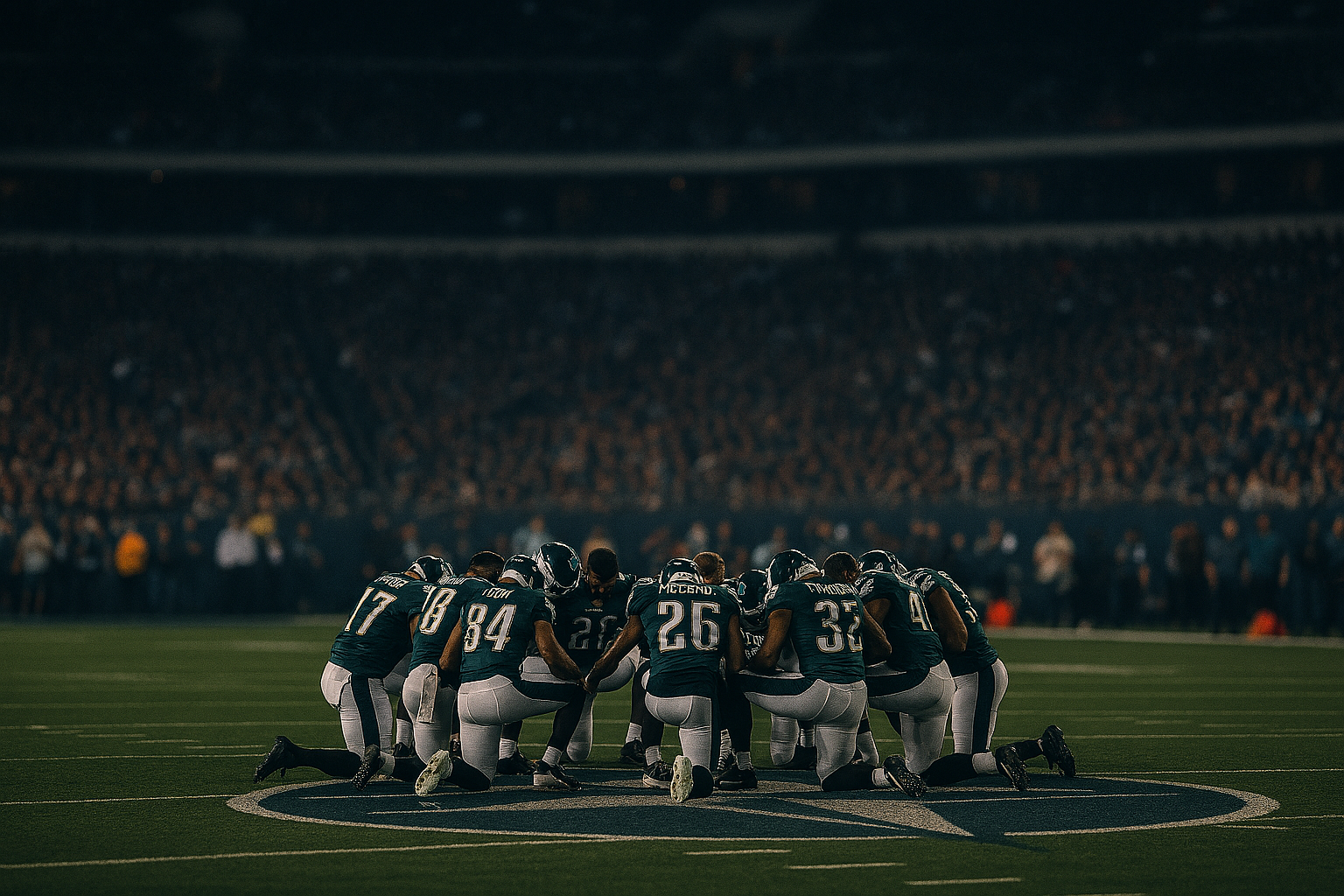Trump Proposes FBI Patrols in DC to Combat Crime Wave

Trump Proposes Using FBI Agents for Street Patrols in Washington, D.C.
In a move that would dramatically reshape the landscape of federal law enforcement, former President Donald Trump has proposed deploying FBI agents to conduct street patrols in Washington, D.C. The stated goal is to combat the city’s rising crime rates. This controversial plan, which would blur the lines between federal investigation and local policing, has ignited a firestorm of debate among legal experts, law enforcement officials, and civil liberties advocates.
The proposal to use the FBI for D.C. patrols represents a significant escalation in the national conversation around crime and federal power. While supporters see it as a decisive solution to a city in crisis, critics warn it is an unprecedented and dangerous overreach that could set a troubling precedent for the rest ofthe nation. This plan puts the Trump FBI proposal at the center of a fierce political and jurisdictional clash.
A Radical Plan to “Take Back Our Capital”
The proposal was unveiled as part of a broader public safety platform. Citing Washington’s spike in violent crimes like carjackings and homicides, Trump argued that the city’s local government has failed and that extraordinary federal intervention is necessary.
Under the proposed plan:
- FBI agents, typically tasked with investigating federal crimes like terrorism and counterintelligence, would be assigned to patrol city streets.
- They would work alongside or potentially supersede the authority of the local Metropolitan Police Department (MPD).
- The legal justification would likely rely on the federal government’s unique jurisdiction over the District of Columbia.
“We have to take back our capital city,” Trump stated in a recent address. “If the local politicians won’t do it, we will.”
The Backlash: Jurisdictional Chaos and a “Police State”
The reaction from law enforcement and legal circles has been swift and largely critical. Opponents argue that the plan is not only impractical but also legally and constitutionally dubious.
| Arguments Against the Proposal | Explanation |
|---|---|
| Lack of Training | FBI agents are trained as investigators, not as street-level patrol officers. They lack the specific training for community policing, de-escalation, and handling routine urban crime. |
| Jurisdictional Conflict | The plan would create massive confusion and conflict between the FBI and D.C.’s Metropolitan Police, potentially hindering rather than helping crime-fighting efforts. |
| Civil Liberties Concerns | Critics, including the ACLU, warn that using a federal intelligence agency for local policing could lead to a “police state” atmosphere, eroding civil liberties and trust between residents and law enforcement. |
| Resource Diversion | Shifting FBI personnel to street patrols would divert them from their primary mission of combating complex federal crimes, potentially weakening national security. |
The FBI Agents Association, which represents rank-and-file agents, has expressed deep reservations, stating that its members are “not equipped or trained for this mission.”
The Unique Case of Washington, D.C.
This debate is intensified by Washington’s unique status. As the nation’s capital, it is not a state and operates under the ultimate authority of the U.S. Congress. This has historically allowed for more direct federal intervention than would be possible in cities like Chicago or New York.
Proponents of the Trump FBI proposal argue that this special jurisdiction gives the federal government the legal right and responsibility to ensure safety in the capital. However, opponents counter that this power should not be used to dismantle the principle of local control, which is central to American policing.
Conclusion: A Contentious Vision for Federal Power
The proposal to use the FBI for D.C. patrols is more than just a crime-fighting strategy; it’s a contentious vision for the role of federal power in local affairs. It raises fundamental questions about the mission of the FBI, the rights of a city to govern itself, and the methods used to ensure public safety. As the debate rages, the plan has become a flashpoint in the larger political battle over law, order, and the limits of government authority.










